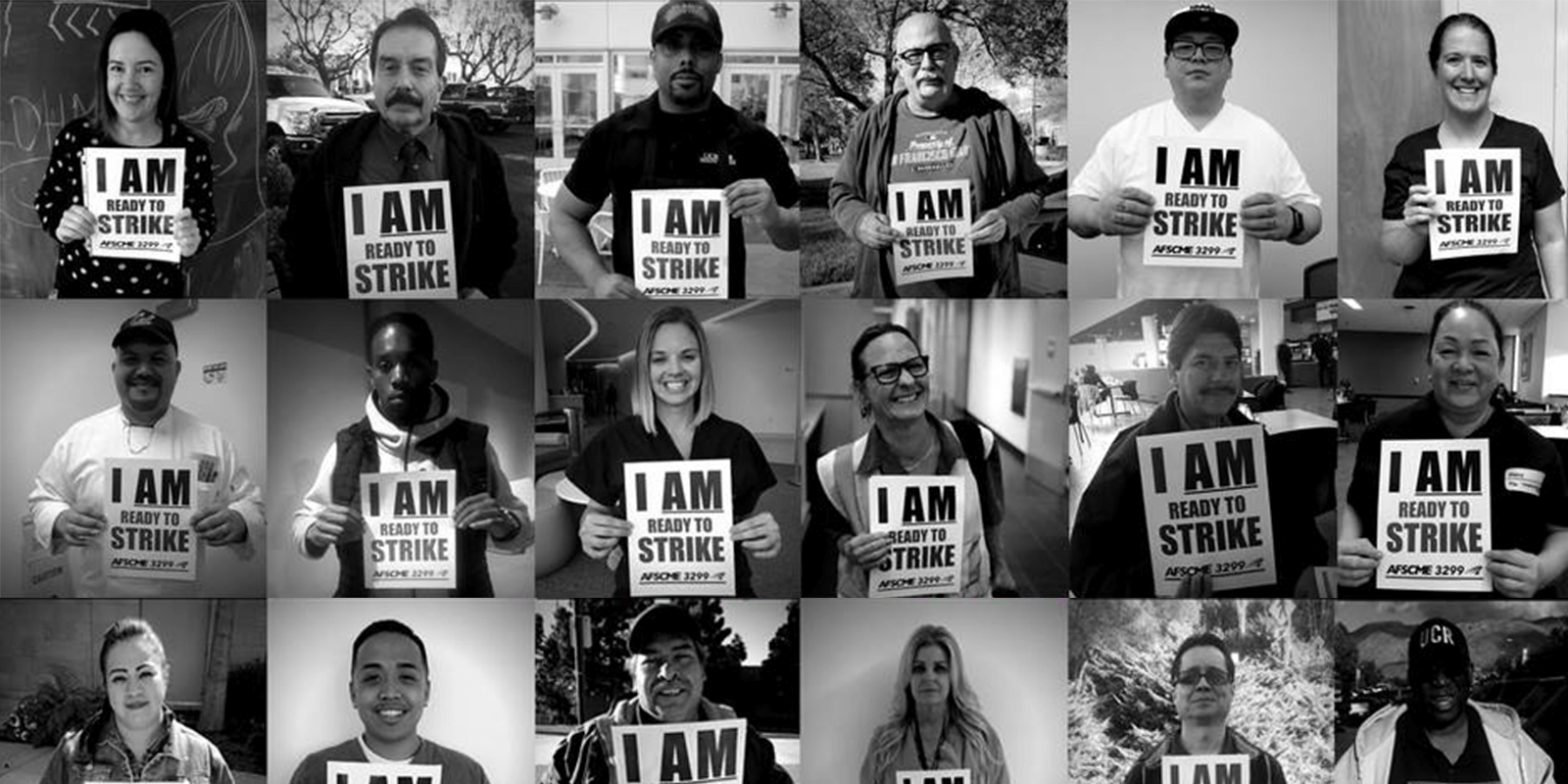AFSCME Local 3299, the University of California’s (UC) largest employee union, has some advice for its employer: Do more to combat inequality in your workforce.
This recommendation came from a new study commissioned by AFSCME Local 3299 that shows “growing income inequality, persistent patterns of racial and gender hierarchy, and steep declines in African American employment within the university’s workforce,” according to a press release. Read the full report here.
The study reviews previously unreleased employment and demographic data at the university system to reach conclusions about how UC’s hiring and labor practices are affecting economic mobility for the state’s most disadvantaged communities.
“For a black woman, it will take her about six years before she’s making what a white man makes,” Local 3299 President Kathryn Lybarger told KPIX-TV in San Francisco. “There’s growing income inequality at the University of California. There are persistent patterns of racial and gender inequity.”
Last week, 18 UC students, workers and community leaders were arrested during protests of the growing income, racial and gender gaps in the university system’s workforce. Local 3299 also called for a strike vote as negotiations for a new contract remain stalled.
Among the report’s findings:
- From 2005-2015, the income gap between the university’s highest-paid and lowest-paid workers got much wider;
- Compared to California as a whole, both women and people of color are dramatically under-represented in the ranks of the university’s senior managers and executives;
- On average, Latinos earn starting wages 21 percent lower than white workers, and blacks earn 20 percent less than whites;
- Blacks are disappearing from the university’s service and patient-care workforce.
As such, the authors of the study call for policies that “open opportunities for marginalized communities, preserve pathways to the middle class, and create transparency legislation to shed light on the working conditions of UC’s shadow workforce.”
The recommendations include:
- Providing family-sustaining pay and benefit levels to UC’s lowest-paid workers;
- Removing barriers to employment;
- Retraining laid-off workers for vacant positions;
- Bringing outsourced workers in-house;
- Giving equal pay for equal work.
